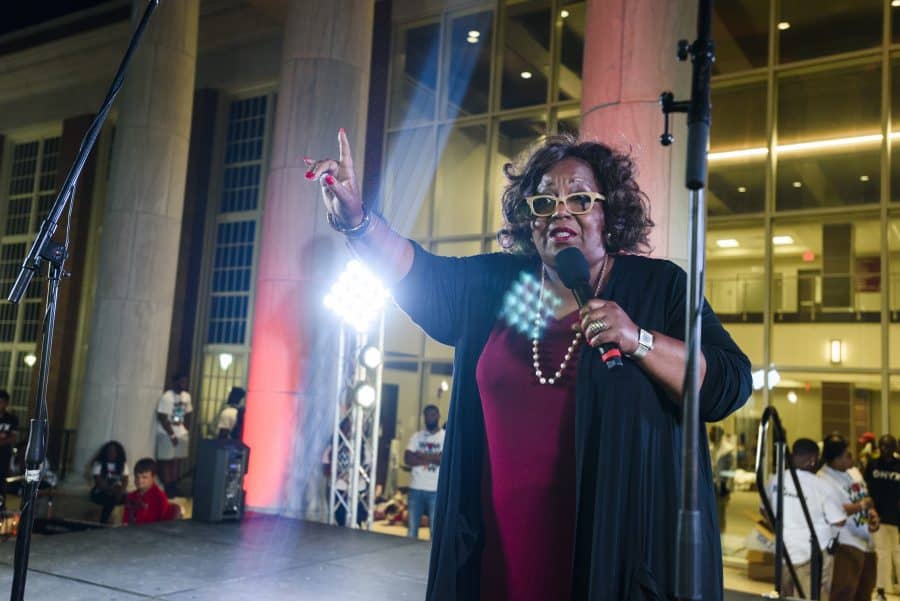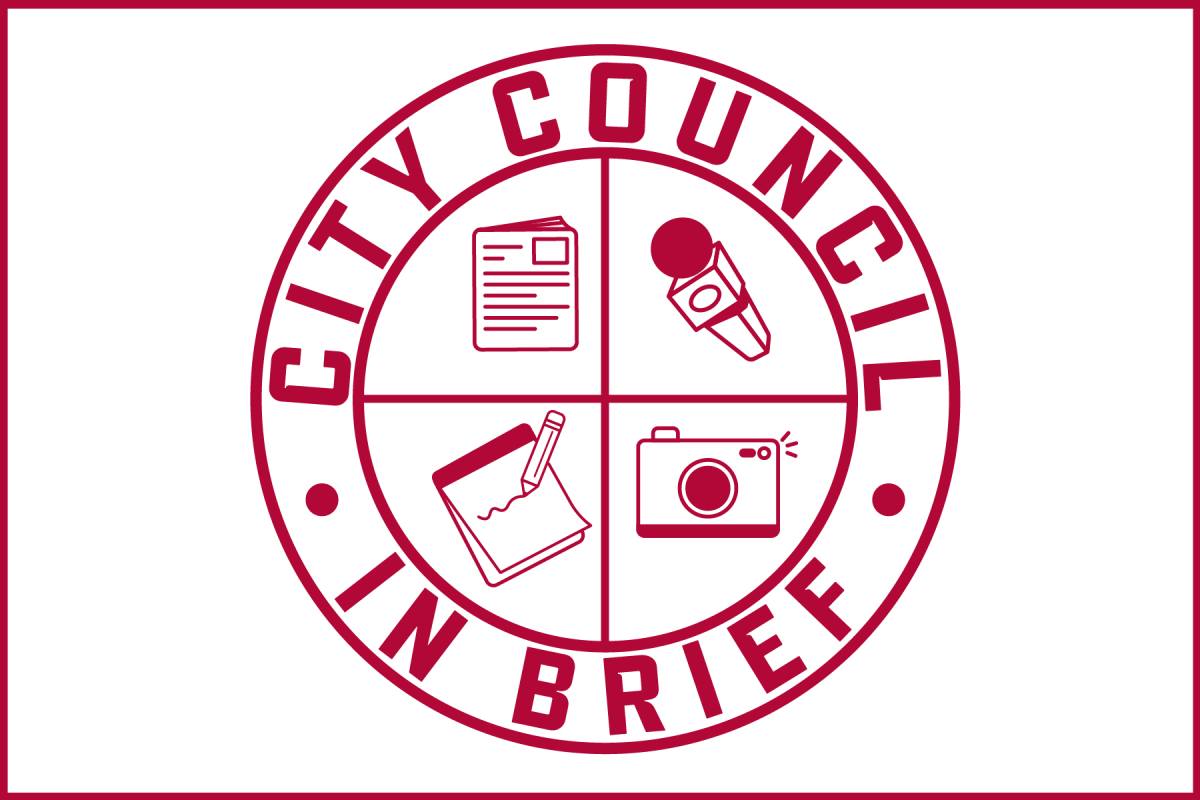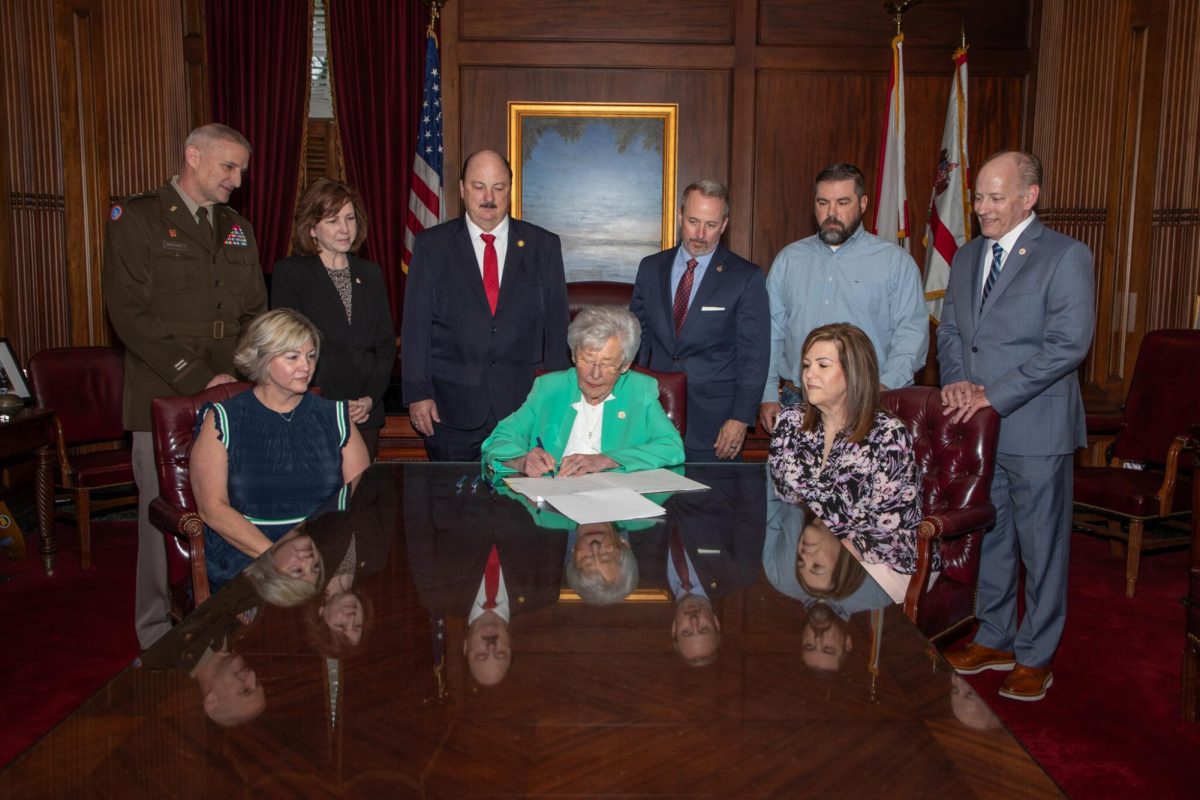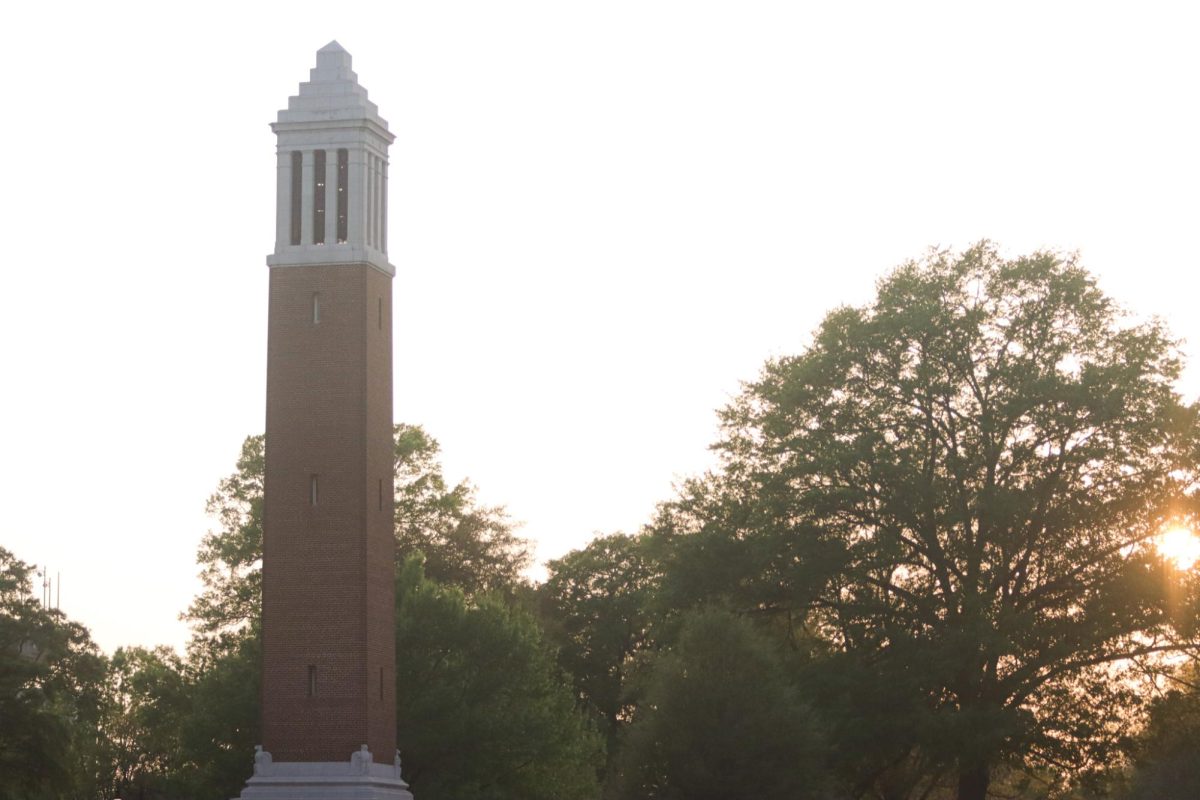After uprooting her life and moving cross-country from snowy Lafayette, Indiana to the humid Tuscaloosa, Alabama, G. Christine Taylor became the first vice president and associate provost for diversity, equity and inclusion at The University of Alabama last month.
Taylor has served nearly six years in a similar role at Purdue University. In addition to bringing over 20 years of experience seeing campuses work on some of these issues, Taylor’s experiences also qualified her for the position. She said that in most of her professional experiences she was the first woman, first person of color or the youngest person.
“What that has meant is that I have had astute understanding of what it means to be on the outside of an organization, and I know how much better an organization is when all of the members are included in the process,” Taylor said.
“[This position] makes important all of the things we’ve been talking about,” said Kevin Whitaker, executive vice president and provost. “To have Dr. Taylor here shows the commitment to diversity, equity and inclusion. And that’s not to say they weren’t important before, but I think it underscores how important they are. So, having her here, having her interact with students, faculty and staff are a variety of different efforts.”Taylor started her career in broadcasting, but when she went to graduate school she became particularly interested in what happens to students in the years they are in college.
“I’ve got a real passion for making sure that we prepare you for the next phase of your life,” she said.
After taking time to experience The University of Alabama’s campus, Taylor said one the things that she has noticed at the University is that there are several pockets of excellence. There are many activities happening on campus that she thinks are wonderful, but they can be strengthened if they were all tied together in a way that allows the University to maximize its resources.
“So one of my goals for this year really is to understand the campus much better and find ways to tie together all of our initiatives and our efforts so that we can absolutely maximize on the investment that is being made, whether it’s dollar investment or people investment,” Taylor said. “And in that it then ends up having the largest impact possible on the campus.”
In the future, Taylor said that she wants to accomplish four major things for The University of Alabama. One is that she wants to diversify the number of faculty and staff that come to the University and retain them because that is an essential part of diversifying the professoriate across the nation.
Secondly, she said she wants to increase the number of underrepresented and historically marginalized students that come to the University, retain them and help them graduate.
“We want to make sure that everybody who comes here, I don’t care where they come from – Dallas, Houston, New York, wherever – leaves here with a sense and awareness of the importance of diversity and inclusion,” Taylor said.
In a conversation she had with a recruiter, Taylor was told that – beyond having the necessary skillsets – students can best prepare themselves for a career by being able to work with people who are different from them and manage with groups that are different.
Taylor said that this is something that needs to be practiced, and that the University is a great place to do that.
“I want to make sure that we as a campus are preparing our students above everybody else to have the skillset to work competently in an increasingly diverse global environment which they’re going to live,” she said.
Lastly, Taylor said campus needs to be a place where faculty, staff and students thrive, not just survive.
Taylor is excited due to what she sees as the University’s commitment to the same goals.
Coming to Alabama, she knew diversity work needed leadership support within the institution in order to be successful. She said it needed to be a priority of the president and provost in order to happen. Taylor said the University’s job description for her position demonstrated how committed the University is to diversity and inclusion.
She said that she is also excited about Alabama’s large balance academically and its affiliation with football national championships, as well as the warmer weather, which she prefers to Indiana winters. In addition to these perks, she was energized by the students she had the opportunity to engage with when she first visited.
“You’ve got students I see are very focused on their classwork, but they’re also focused on what’s happening on campus and that’s a good sign,” she said.
The search for Taylor’s position took about a year, but Monica Watts, associate vice president for strategic communications, said the process was efficient.
She said she thinks the 15-person search committee process used was a good one because it worked very closely with the search firm used, the Desir Group, allowing excellent input from faculty and staff across the University, as well as student input.
“And it provided an opportunity to have national outreach to recruit the best candidates for the position,” Watts said.
To Whitaker, Taylor’s experience makes her a great fit for the position.
“This is an inaugural position for this campus, so someone that has had that experience [that Taylor has] and that knowledge is very beneficial,” Whitaker said. “It’s just going to make, in my opinion, a great place even better.”









